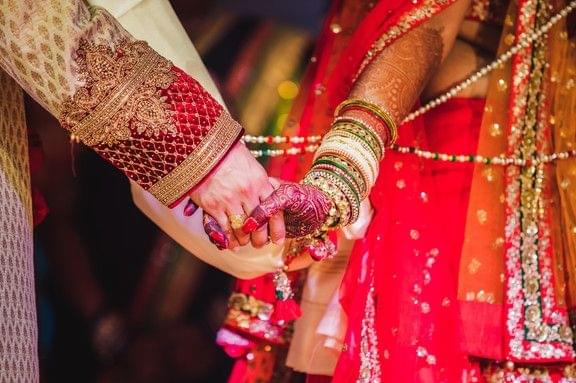Politics
Two-Judge Bench Of Delhi High Court Delivers Split Verdict On Criminalisation Of Marital Rape
Swarajya Staff
May 11, 2022, 03:12 PM | Updated 03:29 PM IST
Save & read from anywhere!
Bookmark stories for easy access on any device or the Swarajya app.


The Delhi High Court on Wednesday (May 11) delivered a split verdict on the issue of criminalization of marital rape and granted leave to the parties to file an appeal before the Supreme Court.
While Justice Rajiv Shakdher, who headed the division bench, favored striking down the marital rape exception, Justice C Hari Shankar said the exception under the IPC is not unconstitutional and was based on an intelligible differentia.
The petitioners had challenged the constitutionality of the marital rape exception under Section 375 IPC (rape) on the ground that it discriminated against married women who are sexually assaulted by their husbands.
On Feb 21, the HC Bench had reserved its orders in the petitions which challenged exception to Section 375 of the Indian Penal Code (IPC), which states that "sexual intercourse by a man with his own wife, the wife not being under fifteen years of age, is not rape". Though not explicitly stated, even sex without wife’s will or consent, is not illegal for all sexual intercourse in a marriage is understood to be consensual.
The Court had also appointed two advocates Rebecca John and Rajshekhar Rao as amici curiae in the matter.
Rao stated in the court, "The provision is not a license to do that (sexual intercourse with wife without her consent), but the effect is so...“. Rao also argued that merely striking down the exception will not amount to creating a new offence by the court.
During the final hearing, the two-judge bench asked the government to “bite the bullet”, and take stand on criminalisation of marital rape
“A decisive executive has to say yes or no. Nobody stops the executive from changing its stand.”
During the hearing, the Centre took a stand it had to consult many stakeholders on a matter that involves society, family and other institutions, including state legislatures.
However, the Court declined to defer the hearing in the matter and proceeded to hear out other parties before reserving its verdict.





